report
Filter by...
-

Where artificial intelligence and climate action meet
The use of artificial intelligence (AI) has a major influence on climate action, climate change mitigation and the work of environmental defenders. It offers potential benefits, for example when it is used to enhance high-resolution mapping of deforestation, coral reef loss, and soil erosion. On the other hand, it poses a threat to the climate and its defenders when it leads to extraction of natural resources and when automated online surveillance is used to enhance the power of states and corporations to suppress climate activism and grassroots resistance.
Read more
-
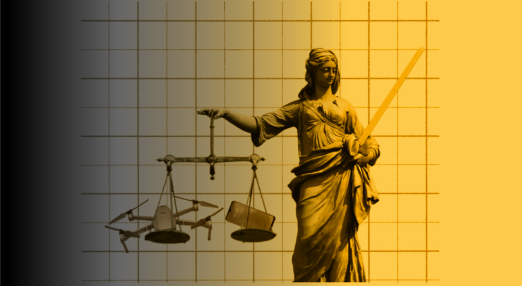
Mapping the impact of biometric surveillance and social media platforms on civic space
The European Center for Not-for-Profit Law is concerned about safeguarding human rights and limiting the negative impacts of security technology on civil society. Therefore, they launched a report with partners as a step to investigate how technologies introduced in the name of security and counter-terrorism will impact civil society.
Read more
-
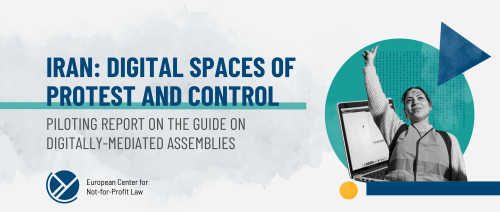
Iran: Digital spaces of protest and control
European Center for Not-for-Profit law new report "Iran: Digital Spaces of Protest and Control" describes the impact of Iran's digital governance and censorship on digital assemblies.
Read more
-
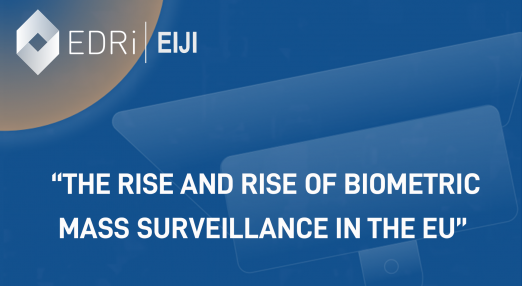
Booklet: Depths of biometric mass surveillance in Germany, the Netherlands and Poland
In a new research report, EDRi reveals the shocking extent of unlawful biometric mass surveillance practices in Germany, the Netherlands and Poland which are taking over our public spaces like train stations, streets, and shops. The EU and its Member States must act now to set clear legal limits to these practices which create a state of permanent monitoring, profiling and tracking of people.
Read more
-

For a truly “Trustworthy AI,” EU must protect rights and deliver benefits
EDRi member Access Now published a report exploring the actions EU governments are taking to promote what the EU calls Trustworthy AI, what this approach means for human rights, and how European AI strategy is changing, both for EU institutions and national governments.
Read more
-

Cloud extraction: A deep dive on secret mass data collection tech
Mobile phones remain the most frequently used and most important digital source for law enforcement investigations. Yet it is not just what is physically stored on the phone that law enforcement are after, but what can be accessed from it, primarily data stored in the “cloud”. This is why law enforcement is turning to “cloud […]
Read more
-
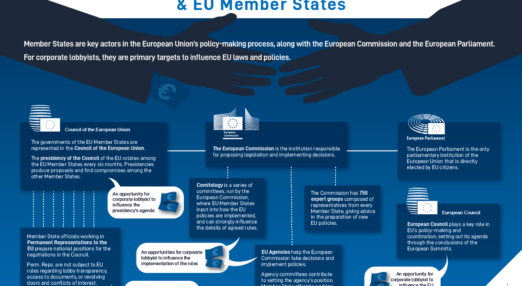
Captured states – e-Privacy Regulation victim of a “lobby onslaught”
Compared to non-governmental organisations and trade unions, private corporations are far better equipped to influence European level decision-making. A report “Captured states: when EU governments are a channel for corporate interests” by Corporate Europe Observatory’s (CEO) describes the various ways corporations approach the Member States of the European Union to maximise their impact.
Read more
-
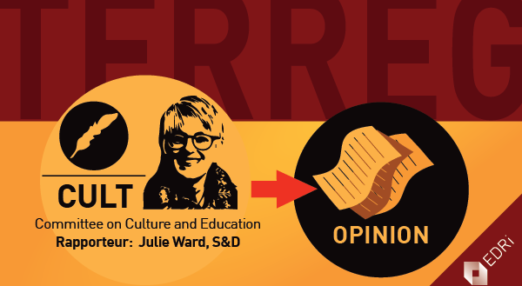
CULT: Fundamental rights missing in the Terrorist Content Regulation
The European Parliament (EP) Committee on Culture and Education (CULT), published on 16 January its Draft Opinion on the proposal for a Regulation preventing the dissemination of terrorist content online. Member of the European Parliament (MEP) Julie Ward, the Rapporteur for the Opinion, has joined Rapporteur for the IMCO Committee Julia Reda MEP, and civil […]
Read more
-
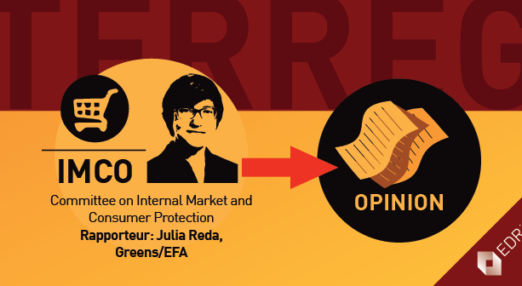
Terrorist Content: IMCO draft Opinion sets the stage right for EP
On 16 January 2019, the European Parliament Committee on Internal Market and Consumer Protection (IMCO) published its draft Opinion on the Regulation to prevent the dissemination of terrorist content online. The Opinion challenges many of the issues from the original Commission proposal. The Opinion from IMCO should “inform” the main Report prepared by the the […]
Read more
-
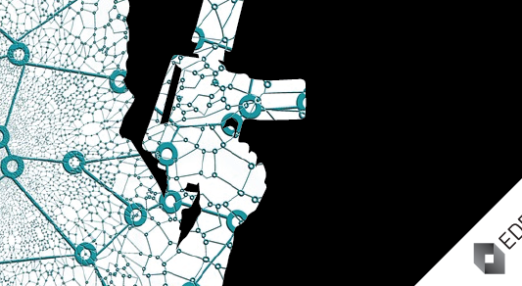
Terrorist Content Regulation: Warnings from the UN and the CoE
On 11 December 2018, three United Nations Special Rapporteurs published a joint Report on the European Union’s proposal for a Regulation to prevent the dissemination of terrorist content online. The Report, issued by Special Rapporteur on freedom of expression David Kaye, Special Rapporteur on right to privacy Joseph Cannataci, and Special Rapporteur on protection of […]
Read more
-

Civil society calls for evidence-based solutions to disinformation
Human and digital rights organisations Access Now, Civil Liberties Union for Europe and European Digital Rights (EDRi) published a joint report on 18 October 2018 evaluating the European Commission’s online disinformation and propaganda initiatives.
Read more
-

Commission Report on child protection online lacks facts and evidence
In December 2016, the European Commission issued two reports on the implementation of the Directive on combating the sexual abuse and sexual exploitation of children and child pornography (Child Exploitation Directive, 2011/92/EU): a general report and a specific report about Article 25 of the Directive, which covers removal and blocking of child abuse, child exploitation and child […]
Read more
